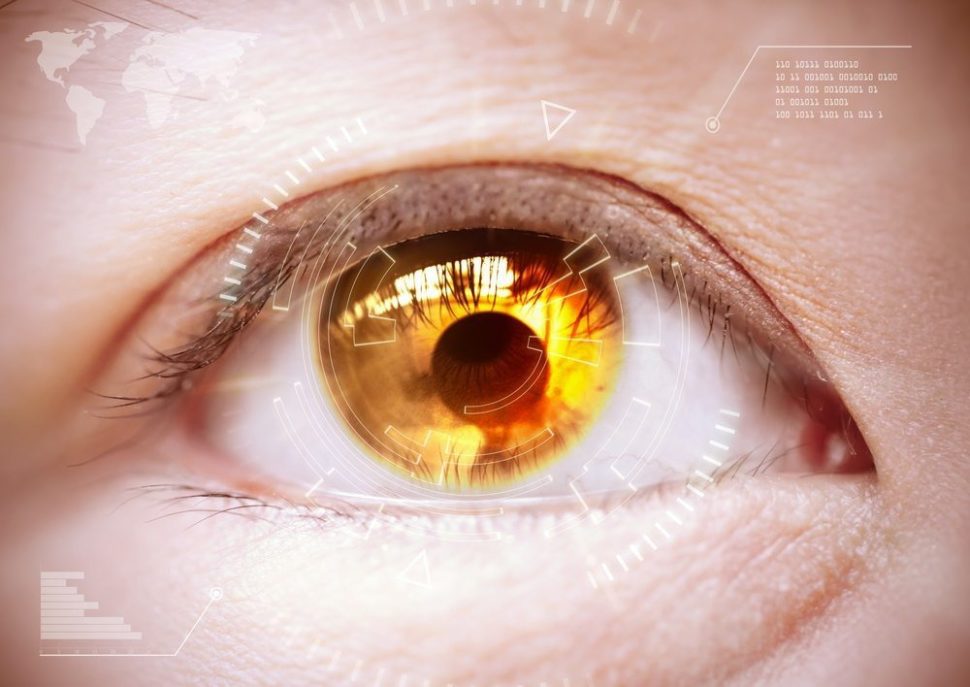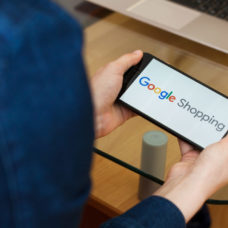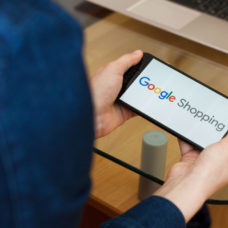Type 1 Diabetes is a chronic disease that requires careful management and monitoring of glucose levels. Typically, Diabetes patients will test their blood several times a day and rely on glucose-regulating insulin injections when needed. Because this process can be invasive and painful, science has been exploring new, painless methods of testing a patient’s blood sugar.
Failure to regulate blood sugar levels can result in serious complications for diabetes patients, including blindness, neuropathy, and kidney and cardiac failure. Current testing methods can be tedious and are an obstacle to properly managing the condition.
However, recent advances in bio-monitoring may alleviate these problems.
A Sight for Sore Pancreases
The Oregon State University (OSU) College of Engineering has developed a transparent sensor fitted to a contact lens that actively monitors the wearer’s glucose levels. The device then communicates with a wearable pump that provides the hormones insulin and glucagon to regulate blood sugar levels.
The sensor contains a nanostructured transistor (specifically an amorphous gallium oxide field effect transistor, or “IGZO FET”) that detects glucose levels in bodily fluids such as tears. , the sensor is transparent and will not obstruct the wearer’s vision.
Moreover, because the sensor is transparent, the lens should not obstruct the wearer’s vision.
“The sensor may be able to improve our ability to manage disease treatments that require constant monitoring.”
Bringing the Lens Sensor to Market
Despite their incredible potential, innovations are sometimes initially inaccessible because they are too costly. Aware of that fact, the OSU team expects their FET’s tightly packed nanostructured network to have the potential for low-cost production.
Google is also working on a contact lens that monitors glucose. However, it is an amperometric sensor that uses microchips that you can see. This particular type of sensor cannot be too small, either, or its signal strength would become too weak to efficiently detect.
Bio-monitoring Improvements for Medical Technology
Beyond Diabetes and blood glucose levels, the IGZO FET developed by the OSU team can also be used to monitor other aspects of the human body including stress hormone levels, pulse, blood-oxygen levels, and the presence of cancerous cells.
The sensor may be able to improve our ability to manage disease treatments that require constant monitoring.



















Comments (0)
Least Recent